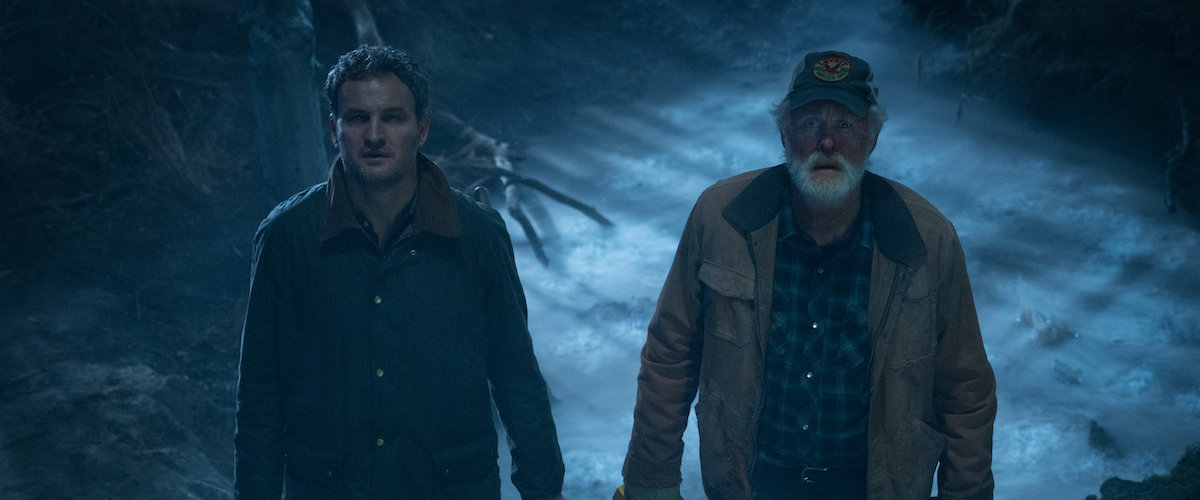
Directed by: Tina Gordon
Starring: Marsai Martin, Issa Rae, Regina Hall, Tone Bell
The difference between Little and Big (1988), the movie which inspired it, is that Tom Hanks embodied a twelve-year-old inside an adult body. There wasn't a moment in which I wasn't convinced there was a child inside the grown Hanks. Marsai Martin, playing the younger version of her contemptible adult self, performs as if she is a child impersonating an adult in a child's body.
We watch a tiresome sitcom-depth comedy roll out in front of us, and mostly because we can't buy the premise.
Little starts strongly, and we can only wonder how good it could've been had it not become an gender-swapping update of a movie made over thirty years ago. We first meet Jordan Sanders (Hall) as a youngster being bullied while performing at a talent show for her school. After suffering public embarrassment, she vows to never again be victimized by becoming a bully herself.
Years later, she runs a fledgling tech company and terrorizes her petrified assistant April (Rae) and her staff. Jordan makes unreasonable demands, such as wanting April to ensure her slippers are exactly 53 centimeters from the edge of her bed so she can get out of bed and slip right into the slippers without having her feet touch the floor.
Thanks to a magical spell put on her by a child, Jordan wakes up the next morning to discover she is her younger self again. She doesn't recognize this fact until she looks in the mirror, and apparently doesn't seem to notice when she looks down that her body size has shrunk tremendously. Jordan still behaves as if she were older Jordan, but after an impromptu visit from a child services worker, she is forced to go to school. Jordan doesn't seem to be much affected that she went to bed an adult and is now a child again. While in school, Jordan becomes a mentor to a group of nerds and outcasts who are being bullied.
Jordan, of course, learns to accept her assistant's input and respect her as a person. She lets her boy toy (Bell) in emotionally and with a little luck, they may become more than just sex buddies. All is well and good, and in a movie a little less ineffectual might create some warm cockles in my heart. But Little never dives too deep into how Jordan feels about being a child again, and the Martin performance is more of a precocious child than an adult trapped in a child's body. Watch Tom Hanks in Big, and you will see a big difference in the performances, and why Big works while Little doesn't.





